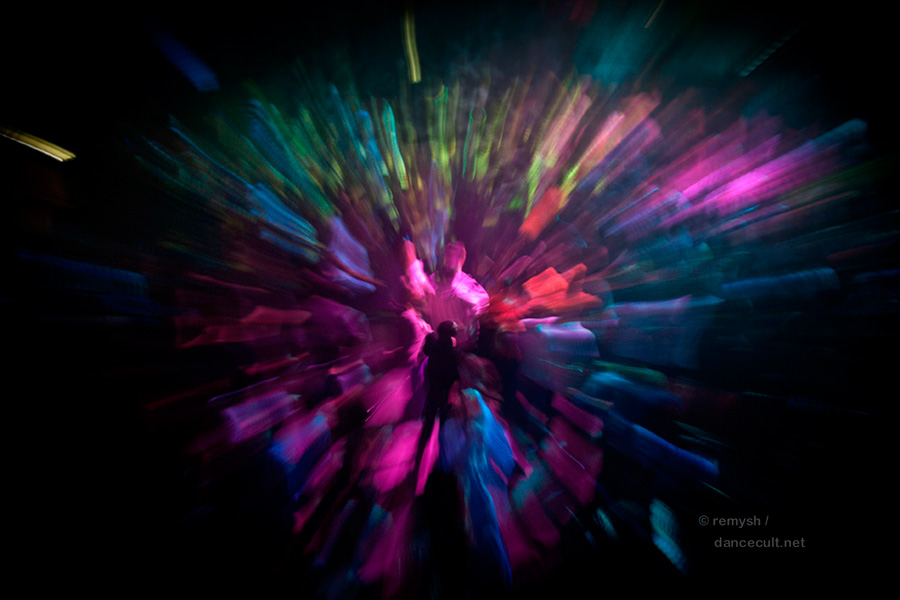

Dancecult Research Network (DRN) is an interdisciplinary network of academics, scholars and students researching all aspects of electronic dance music culture (EDMC). The DRN acknowledges that, from proto-disco through what is today labelled “EDM”, from the practice of the DJ to the present ubiquity of dance clubs, the aesthetics, politics and cultures of electronic dance music permeate underground and popular movements.
As an educational and research network, the DRN facilitates information exchange, resource sharing and collaboration among international researchers of the genres, identifications, aesthetics, technologies and other manifestations of EDMC. Researching techniques and locales, scenes and events, ethnicity and gender, production and distribution technologies, digital arts, drugs, sexuality and other subjects, members hail from various disciplines, operate in many different global locations, and employ diverse methodologies.
Join the Dancecult-l email list
The DRN is rooted in the dancecult-l email list that began in April 2005, and by 2018 has approx. 400 members worldwide.
The main instrument of the DRN is Dancecult: Journal of Electronic Dance Music Culture (DCJ), a peer-reviewed, open-access, multi-platform (PDF and HTML) e-journal for the study of EDMC. Co-founded by Graham St John and Eliot Bates in 2008, Dancecult uses PKP’s Open Journal Systems platform (with Griffith University ePress supporting this arrangement between 2013—2018). The journal features peer-reviewed Feature Articles, From the Floor articles, book and film reviews, as well as conversations relevant to the field.
DCJ is a professional nonprofit venue for interdisciplinary scholarship and innovative multimedia projects on the shifting terrain of EDMC worldwide. With 14 editions to 2017, including 7 guest edited themed editions (approx. 200 articles and reviews in total), with a dozen volunteers committed to its production, the journal houses research exploring the sites, technologies, sounds and cultures of electronic dance music in historical and contemporary perspectives.
